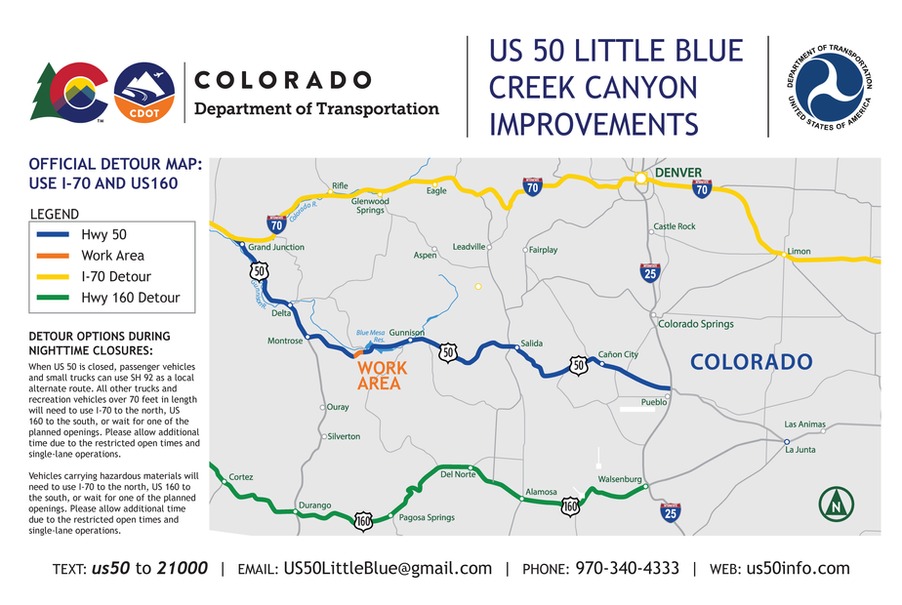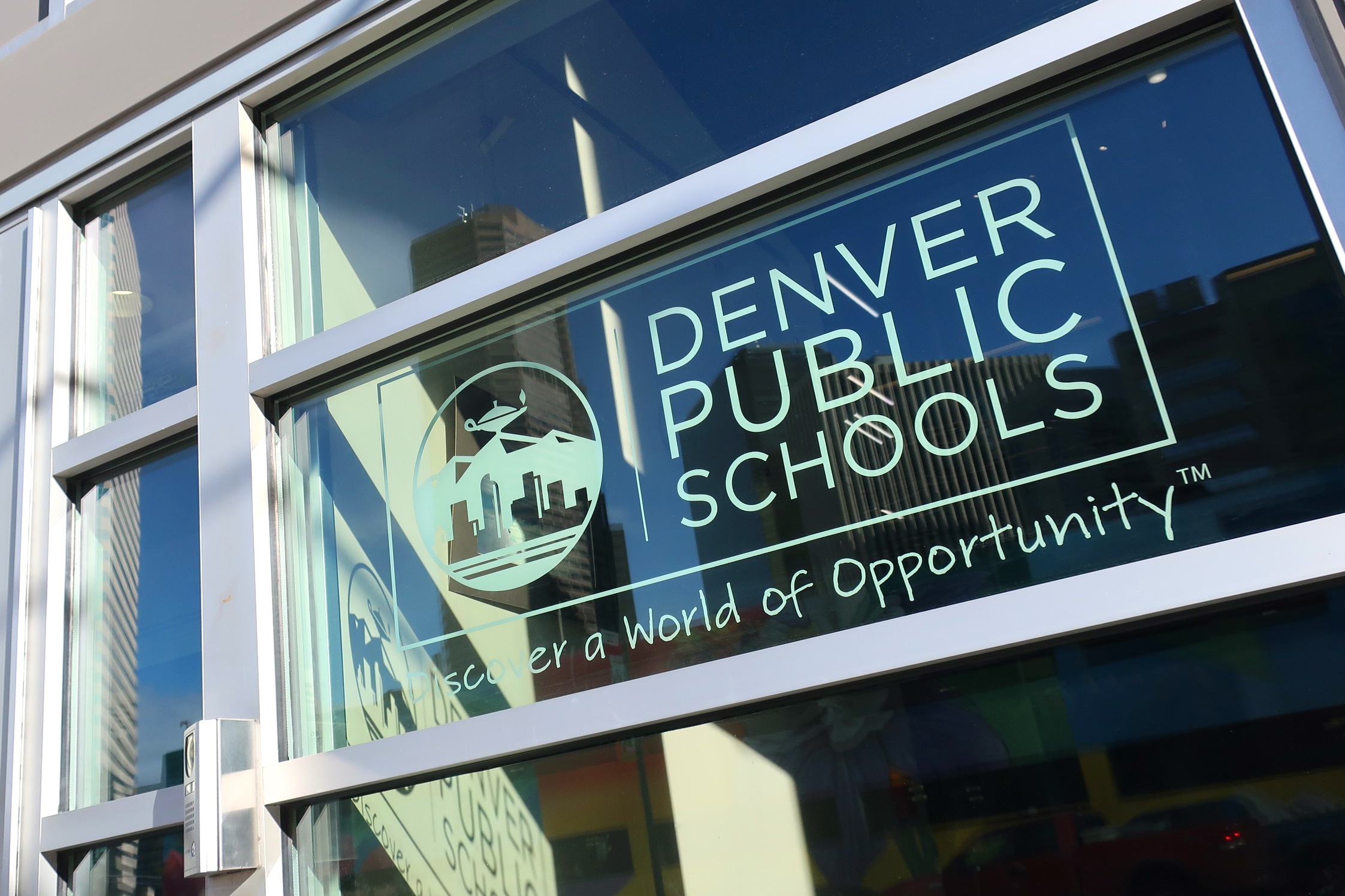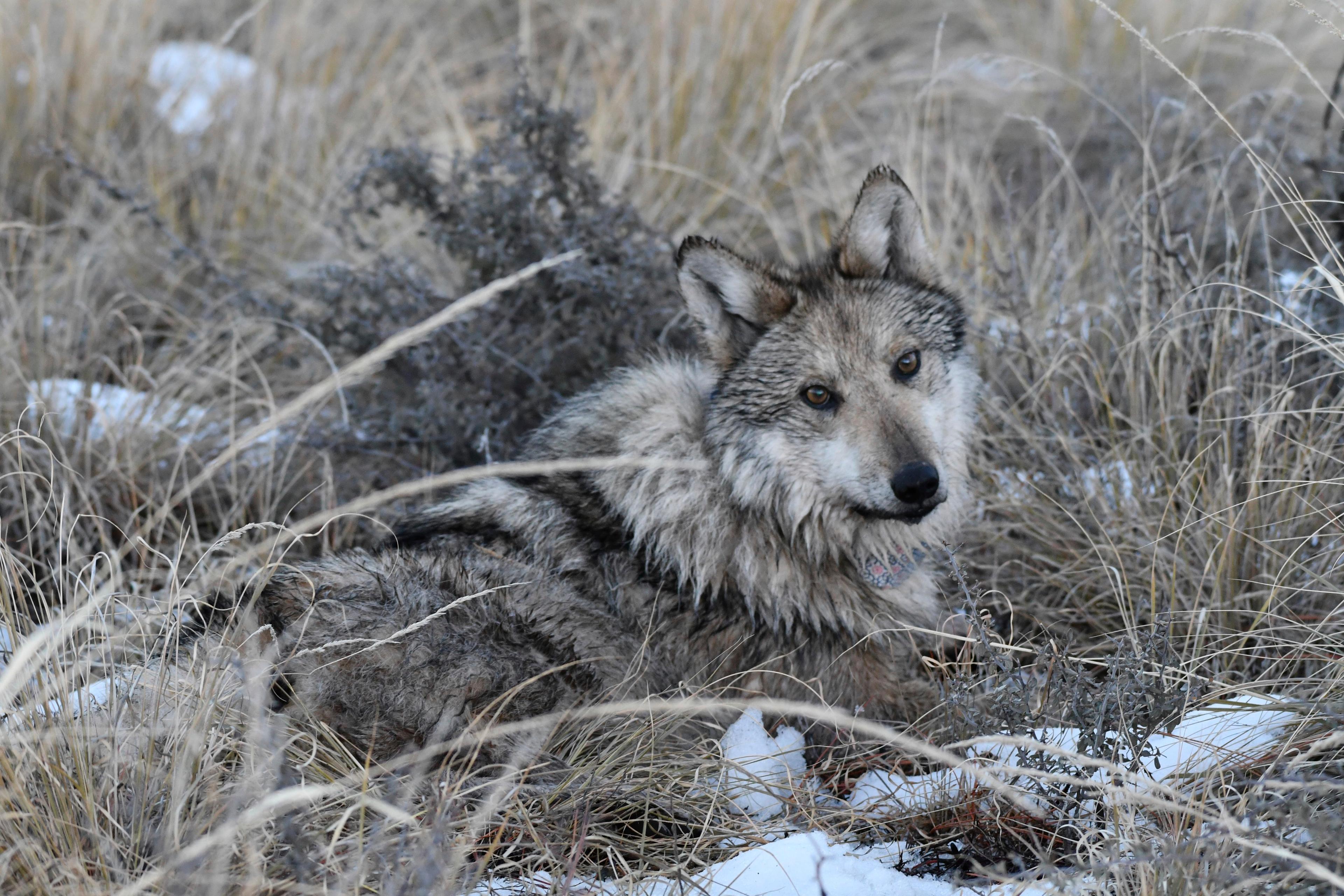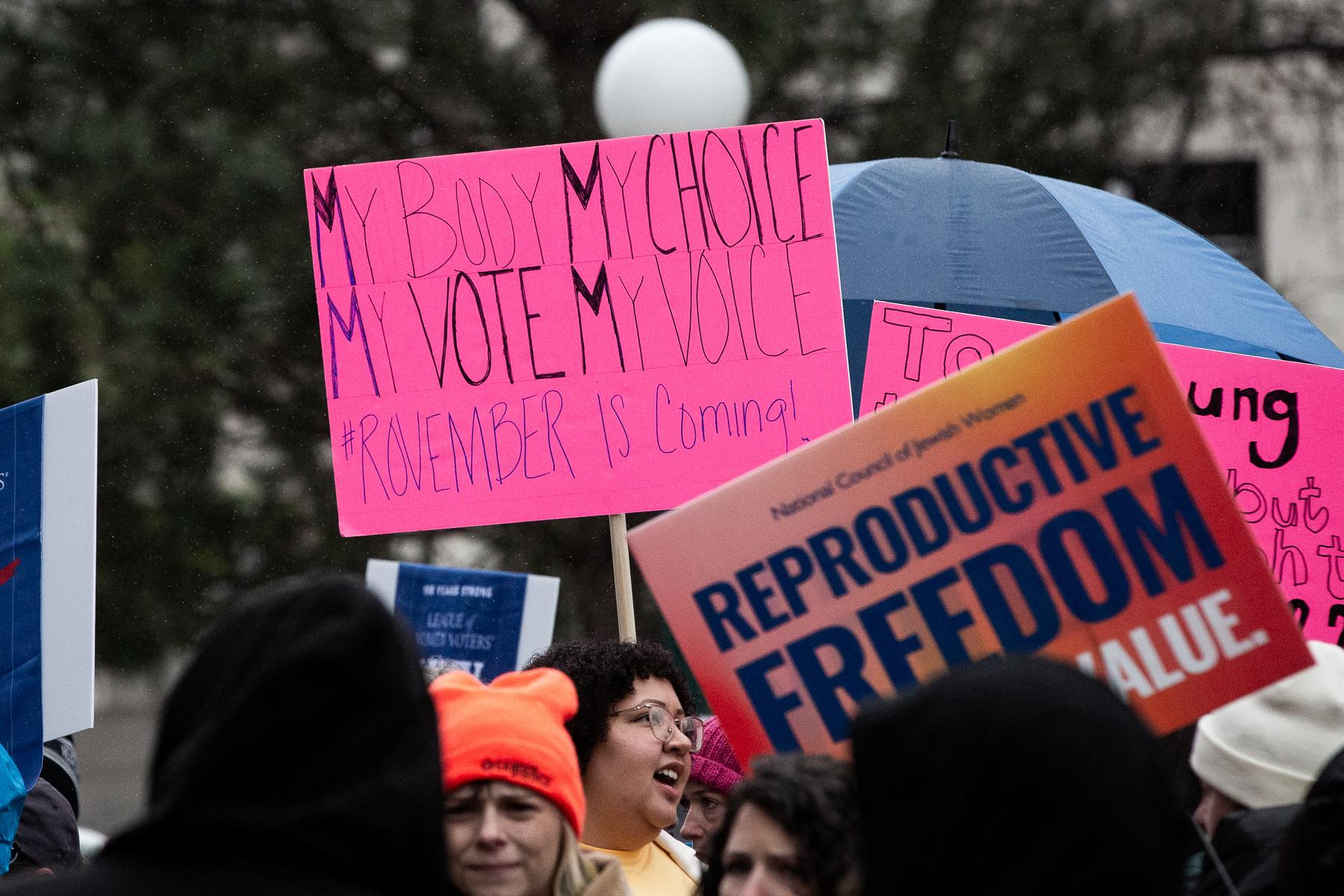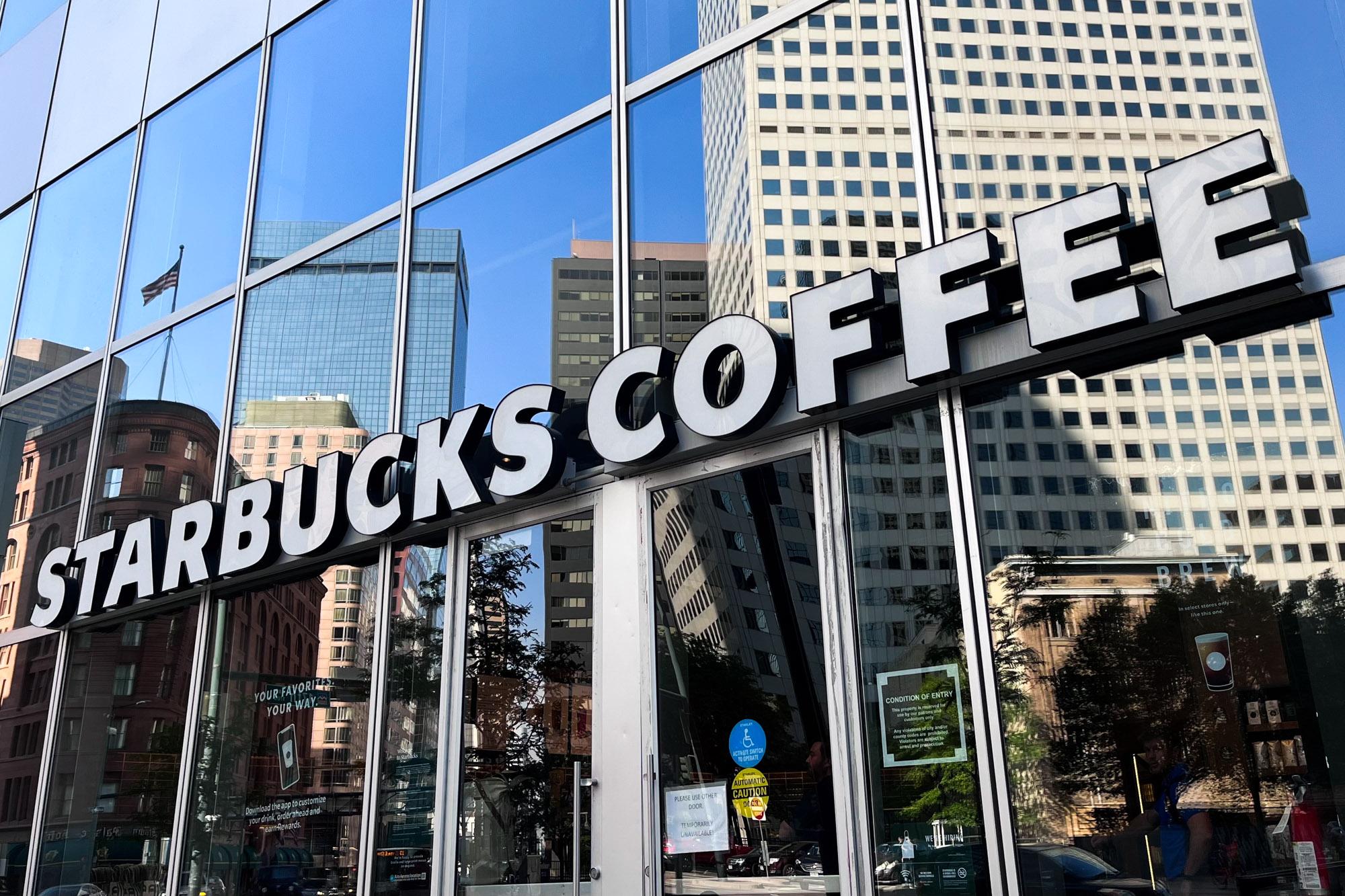
Workers at a Starbucks cafe near the University of Colorado campus in Boulder voted to unionize on Tuesday, making them the first location in the city and the ninth in the state to take the step. The results – 13-2 – come as other union stores in Colorado struggle to get their first contracts after months of delays.
A disagreement between the company and the union, Starbucks Workers United, over the use of hybrid meeting software during negotiations has slowed progress. Workers at the Boulder store said the delays didn’t dampen their support for unionizing.
“We’re upset that things have not progressed as other unionized stores have wanted,” said Holden Sheftel, a shift supervisor that has worked for the company for seven years. “But we’re prepared to do what needs to happen and keep the momentum to make things better.”
Securing higher wages and more control over scheduling remains top of mind for Boulder workers, Sheftel said.
The Boulder baristas join a growing number of stores nationwide. More than 270 of the coffee giant’s locations have unionized since December 2021. The first Colorado location, in Superior, joined the union last April.
Other locations in Colorado Springs, Denver and Greeley have followed suit. But none have successfully secured their first wage and working condition contracts yet. One store in Breckenridge held a vote, but did not approve forming a union.
Plans to start contract negotiations have been start-and-stop. Starbucks has blamed the union for insisting on using hybrid meeting software as opposed to fully in-person negotiations, which the company says is required by law.
“Starbucks has come to the table time-after-time to bargain in good faith only to be met with Workers United representatives who insist on broadcasting the sessions to sometimes unidentified individuals not present at the bargaining table,” the company said in a statement online about bargaining efforts in Colorado and other stores across the country.
“These delay tactics fly in the face of union campaign promises to our partners and are not what we believe our partners expect or deserve,” the company said.
The delays have left employees in organized stores working without a contract. Workers say managers have cracked down on wardrobe and food prep policies in the meantime and fired workers over what the union calls minor infractions.
The company abruptly closed one union shop in Colorado Springs in October several days prior to a scheduled bargaining date. Starbucks blamed the closure on public safety concerns around the location.
In November, workers from at least three Colorado Starbucks stores walked off the job to protest stalled contract negotiations. The action temporarily shut down several stores, but it didn’t produce new bargaining dates.
It did boost morale among workers, said Len Harris, a union organizer and former Starbucks shift supervisor in Superior.
“It was very successful,” Harris said. “I think (the company) is coming to find that people are a lot more resilient and they’re really starting to throw punches.”
Shortly after the strike in November, Harris, who helped organize her shop, was let go. A manager told her that it was due to counting money in the store’s safe at the wrong time of day.
“I had no previous write-ups. I had no previous infractions,” she said.
Harris is now appealing the termination through an internal process at the company and through the National Labor Relations Board, she said. Meanwhile, she’s staying in touch with her store’s union members, who have all been transferred to other non-union stores due to a temporary closure.
The company shut down the Superior location on Rock Creek Circle during the second week of January. The closure, which is expected to last at least through March, is due to necessary renovations at the store, Starbucks said in a statement.
The organizing efforts at Starbucks come as there is increased union interest among U.S. workers in general. Public support of labor unions has risen since the start of the pandemic, according to Gallup. But actual participation among workers hasn't increased as much.
At least 45 union elections took place in Colorado in 2022, which is slightly above the last decade’s average, according to NLRB data. Many have been in service sector industries.
Workers at Spruce Confections, a Boulder bakery chain, voted in December 2021 to unionize. New union pushes have popped up at charter schools, security companies, arts organizations and food processing plants, among other employers in the state.
Experts say it’s normal for newly-formed unions to take over a year to secure a first contract. That’s because negotiations cover a wide range of issues, from wages to vacations to work safety rules.
Baristas at the newly organized Starbucks in Boulder on Baseline Road say the wait is worth it. Many employees are students, who expect to remain at the company for several years while continuing their studies.
Others are hoping to continue a career at Starbucks in the long term.
“A lot of people have seen service jobs as side jobs and not necessarily a real living,” said Holden, the Boulder store organizer. “But as our economy shifts to a more service-based system, people need these jobs as a main source of income.”

